Can You Grow Cape Marigold Cuttings: How To Root Cape Marigold Cuttings
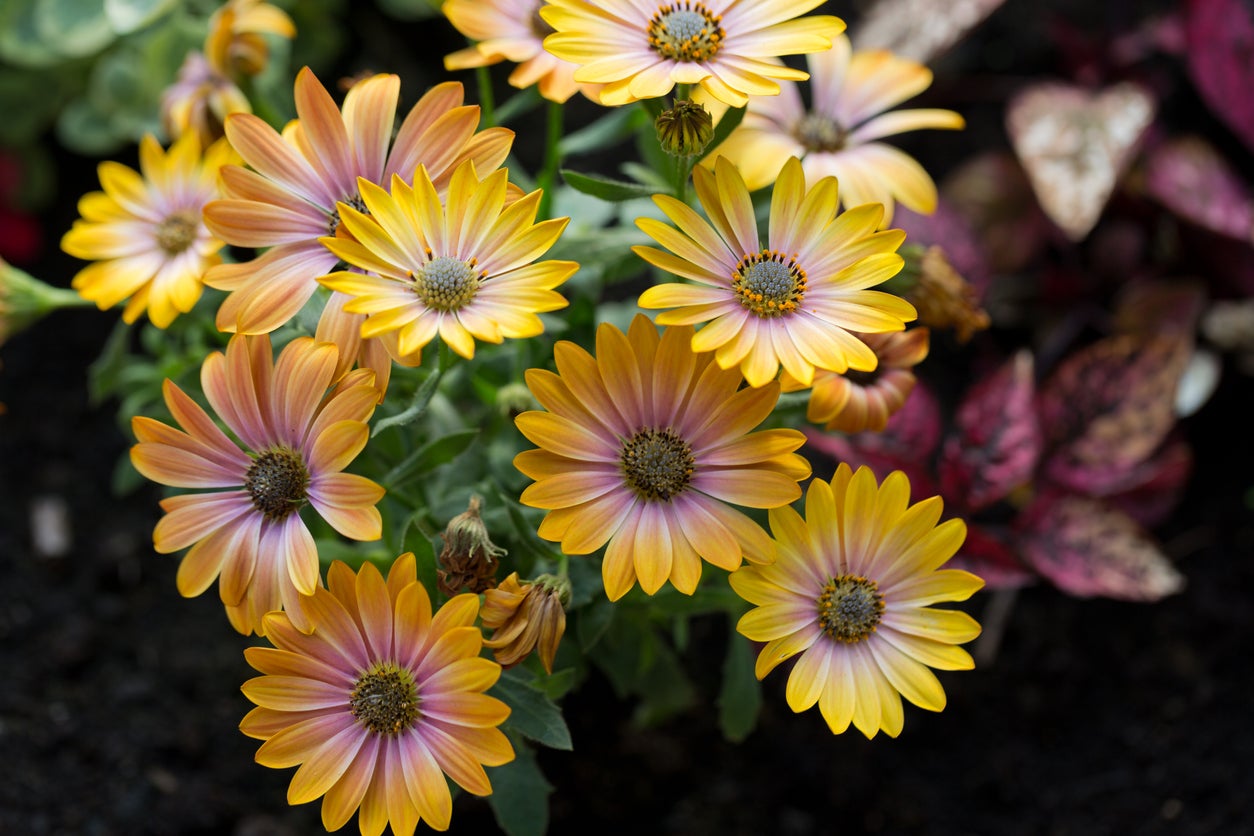
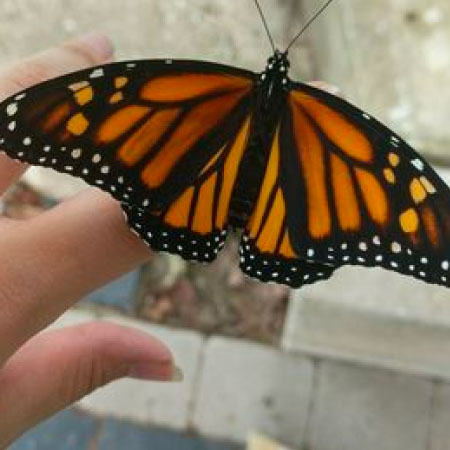
Cape marigolds, also known as African or cape daisies, are half-hardy perennials, but typically grown as annuals. Their daisy-like blooms, available in a wide array of vivid colors, are a pleasant addition to beds, borders, and containers. It is easy to get carried away and spend a fortune on small starter cape marigold plants each spring. However, hands-on, budget-minded gardeners may prefer to only buy a few cultivars and propagate more cape marigolds from cuttings. Read on for tips on how to root cape marigold cuttings.
About Cape Marigold Cutting Propagation
Cape marigold plants are easily sown from the seeds. However, the resulting plants won’t be true to type, or exact replicas of the parent plants. So, can you grow cape marigold cuttings? Yes. In fact, the only way to propagate exact clones of a certain cape marigold variety is from cuttings.
For example, if you wanted to do a stunning border or container filled with purple nemesia and a variety of cape marigold that bears white petals from deep purple centers, the easiest way to save money and guarantee flower color would be to root cuttings of that cape marigold – provided the plant doesn’t have a patent on it.
How to Grow Cape Marigolds from Cuttings
Cape marigold cuttings can be taken in spring and early summer. They can be planted in cells, trays, or pots. Before taking cuttings from the desired cape marigold variety, fill the planting containers with a potting mix such as peat, vermiculite, sand, and/or perlite.
Right before propagating cape marigolds from cuttings, water the potting media so it is thoroughly moistened but not soggy. A simple pencil or wooden dowel pushed straight down into the mix will make perfect holes for the cut stems.
With clean, sharp pruners, scissors, or a knife, take cuttings from soft, not woody, stems without flowers or buds yet forming on their tips. Take a cutting about 4 to 6 inches (10-15 cm.) long. Trim off all the leaves except two to four at the tip of the stem.
Gently rinse the stem cutting, shake excess water off, then dip the bare stem in powdered rooting hormone and place it in a pre-made hole in the potting media. Carefully press the soil back around the stem cutting to hold it in place. After all the cuttings have been planted, place the planting tray or individual containers in a warm location with bright, indirect light.
Gardening tips, videos, info and more delivered right to your inbox!
Sign up for the Gardening Know How newsletter today and receive a free copy of our e-book "How to Grow Delicious Tomatoes".
To retain moisture for new cuttings, the containers or planting tray can be covered with clear plastic lids or bags. Water your cuttings when the first inch (2.5 cm.) of soil appears dry. Do not overwater, as the soil should remain moist but not soggy - this can cause damping off or other fungal problems.
Do not transplant cape marigold cuttings until they have formed adequate roots to support the young plant. New growth produced at the base of young plants made by cuttings will indicate that the plant has formed adequate roots and is now redirecting its energy into overall growth.
-
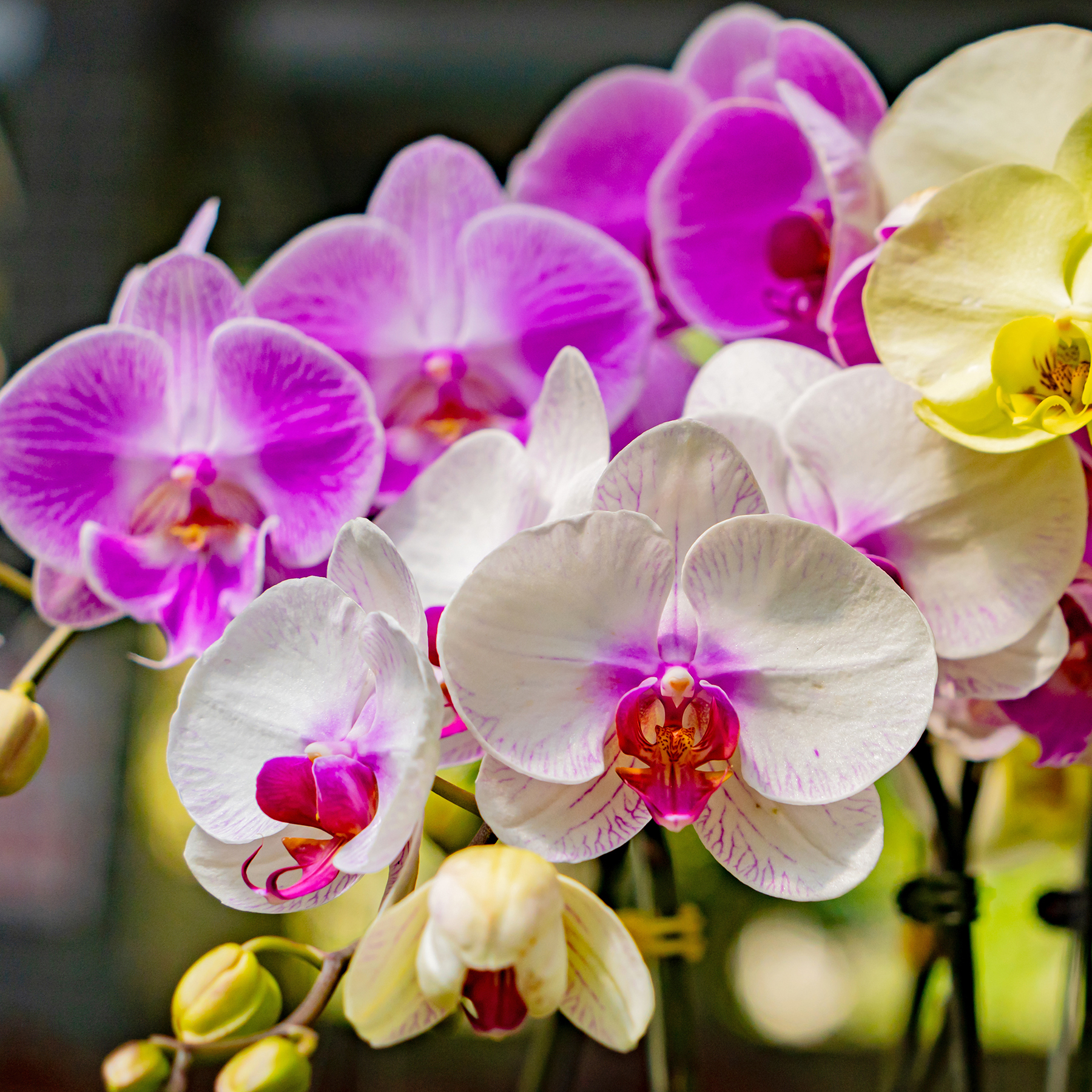 My Homemade Orchid Fertilizer Always Brings More Blooms – Here's The Easy Recipe That Transforms Plants
My Homemade Orchid Fertilizer Always Brings More Blooms – Here's The Easy Recipe That Transforms PlantsScientist-turned-gardener Mary Ellen Ellis shares her tried-and-tested DIY orchid fertilizer recipe, plus more ingredients to try for healthy, happy plants.
By Mary Ellen Ellis
-
 Looking For Plants To Give You The Soft And Fuzzies? Try These 5 Fuzzy Leaf Plant Options
Looking For Plants To Give You The Soft And Fuzzies? Try These 5 Fuzzy Leaf Plant OptionsLovers of texture, drama, silver foliage and tactile plants will adore these special sensory garden additions. These fuzzy leaf plant options will leave you all aglow
By Susan Albert
-
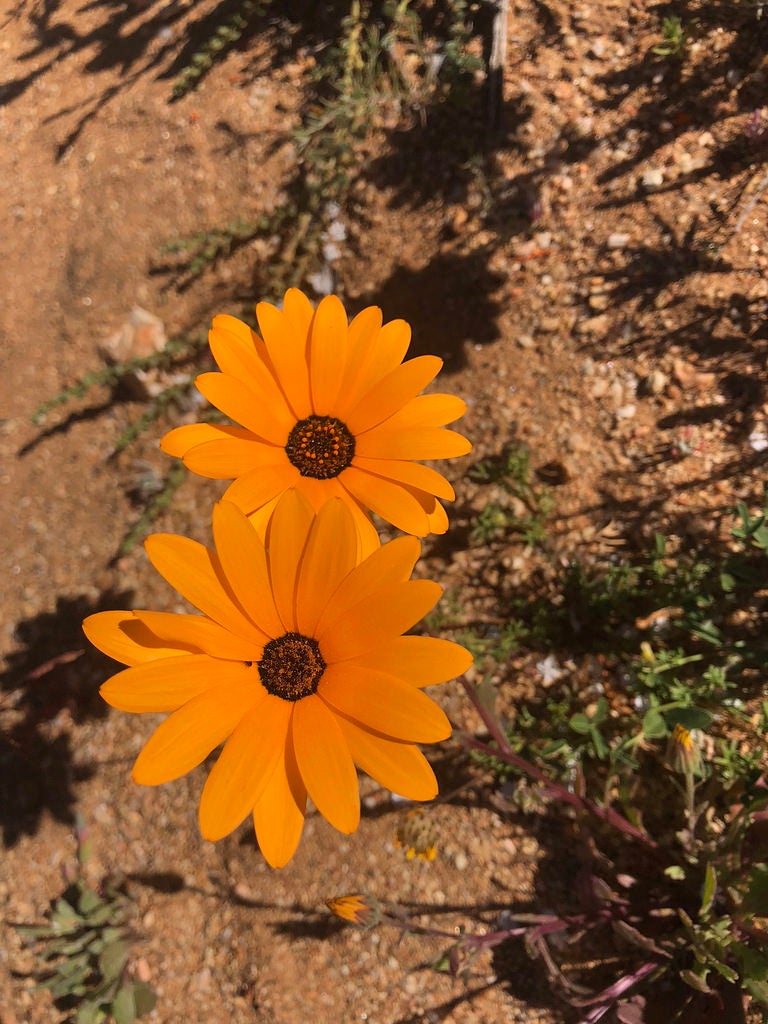 Cape Marigold Propagation – How To Propagate African Daisy Flowers
Cape Marigold Propagation – How To Propagate African Daisy FlowersAlso known as African daisy, cape marigold (Dimorphotheca) is an African native that produces masses of beautiful, daisy-like blooms. Cape marigold propagation is easy if you can provide plenty of sunlight and well-drained soil. Learn how to propagate it here.
By Mary H. Dyer
-
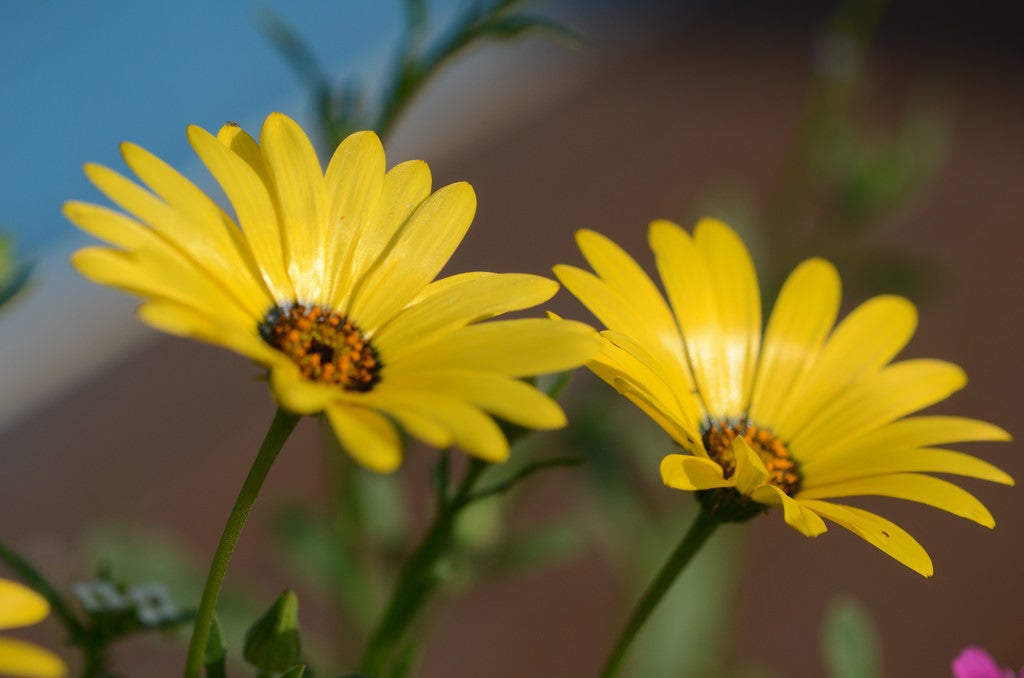 Planting Cape Marigold Seeds: How To Sow Cape Marigold Seeds
Planting Cape Marigold Seeds: How To Sow Cape Marigold SeedsWhere you live and what your climate is like will determine whether you grow cape marigold as a summer or winter annual. Planting cape marigold seeds is an inexpensive way to get started with this pretty flower. This article will help with that.
By Mary Ellen Ellis
-
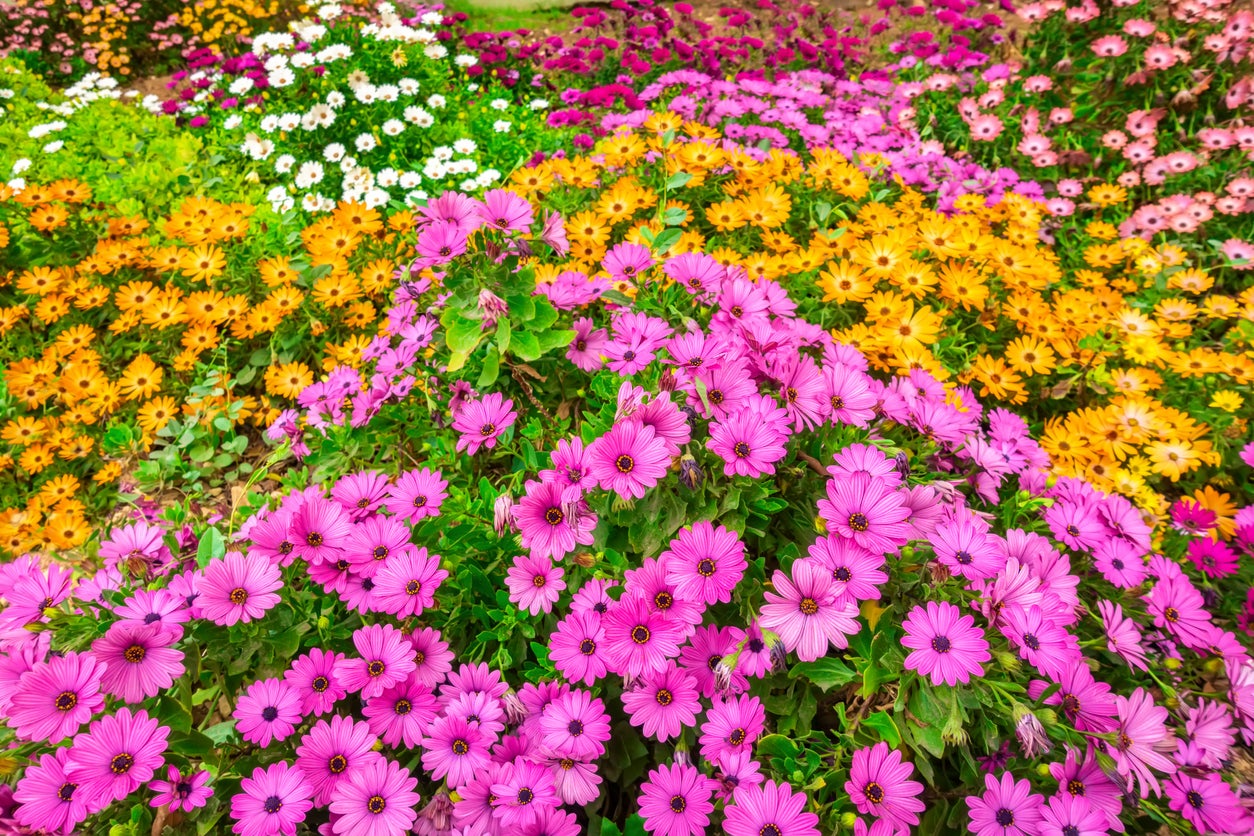 Cape Marigold Varieties: Learn About Different Types Of African Daisies
Cape Marigold Varieties: Learn About Different Types Of African DaisiesCape marigolds are always a go-to plant for container designs. Of course, the key to a perfect container design is selecting the perfect varieties of these annual plants. Take a closer look at some of the many available cape marigold varieties in this article.
By Darcy Larum
-
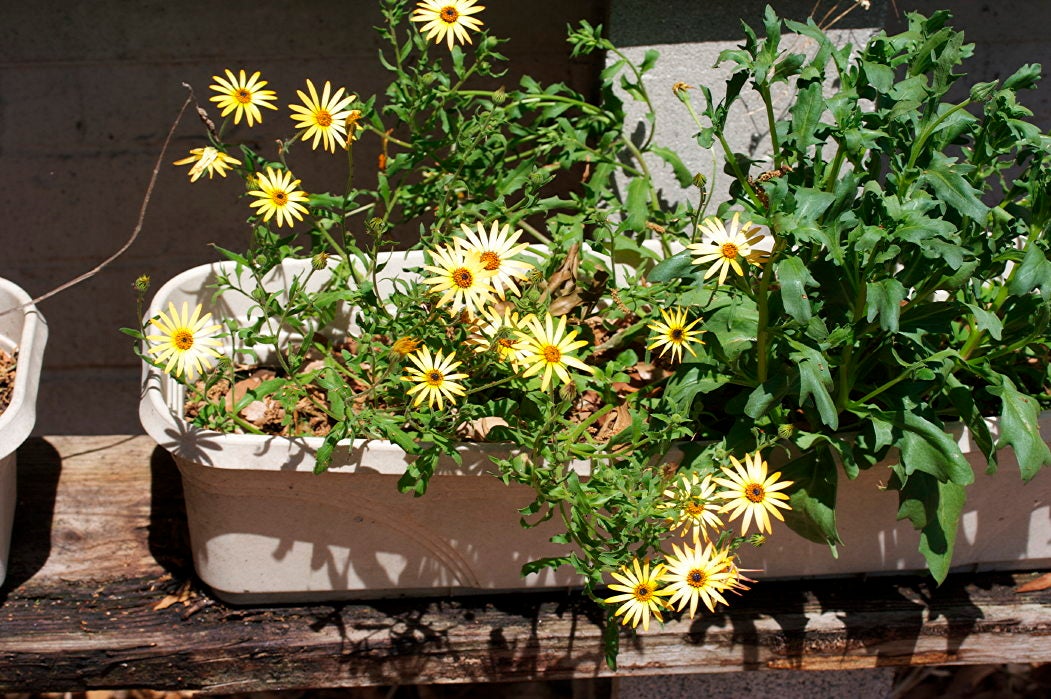 Feeding Cape Marigolds: How To Fertilize Cape Marigolds
Feeding Cape Marigolds: How To Fertilize Cape MarigoldsBeginner gardeners are able to have great success when planting flowers that are robust and tolerant to adverse conditions. The cape marigold, rewards growers with bright and cheerful flowers, and both watering and feeding cape marigolds couldn’t be easier. Learn more here.
By Tonya Barnett
-
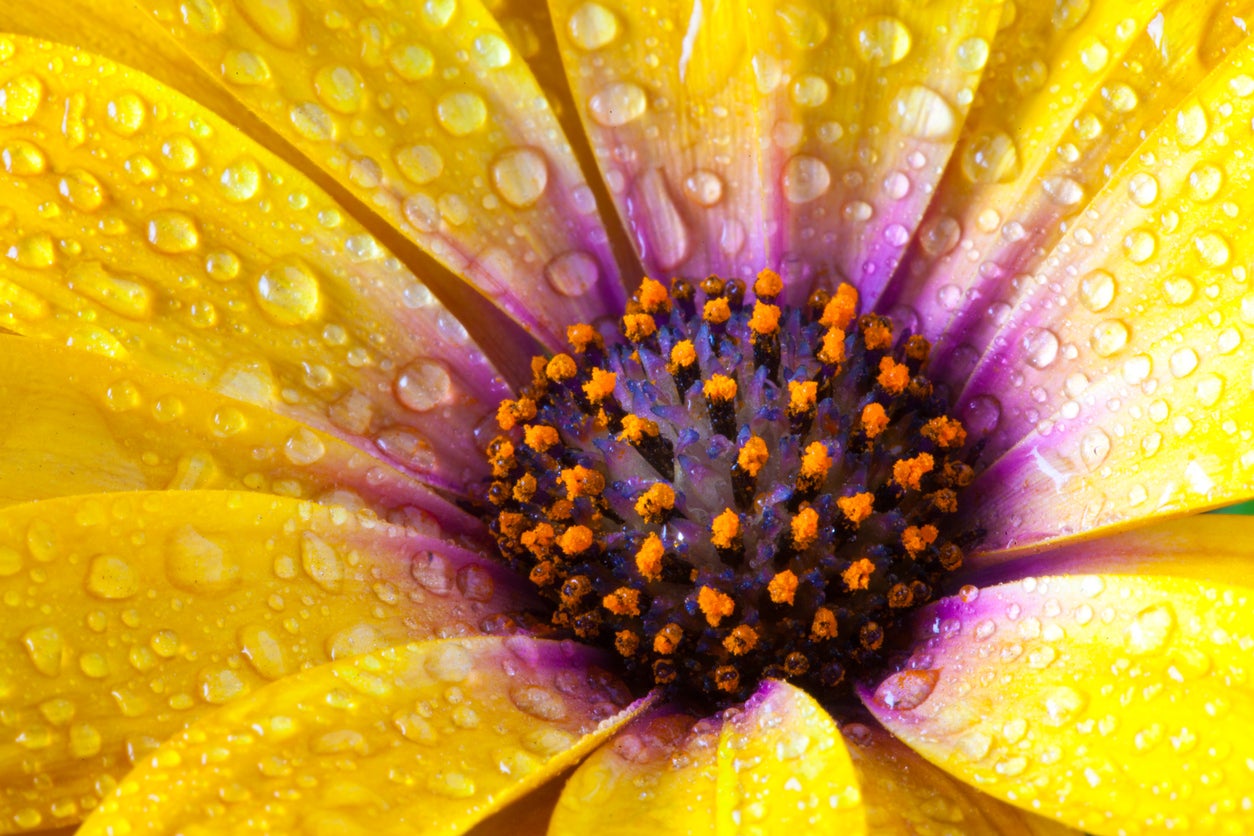 Cape Marigold Water Needs – Learn How To Water Cape Marigolds
Cape Marigold Water Needs – Learn How To Water Cape MarigoldsWith a more vital focus on today’s water use, many drought conscious gardeners are planting landscapes that require less irrigation. Dimorphotheca, also known as the cape marigold, is a perfect example of a flower which thrives with minimal watering. Learn more here.
By Tonya Barnett
-
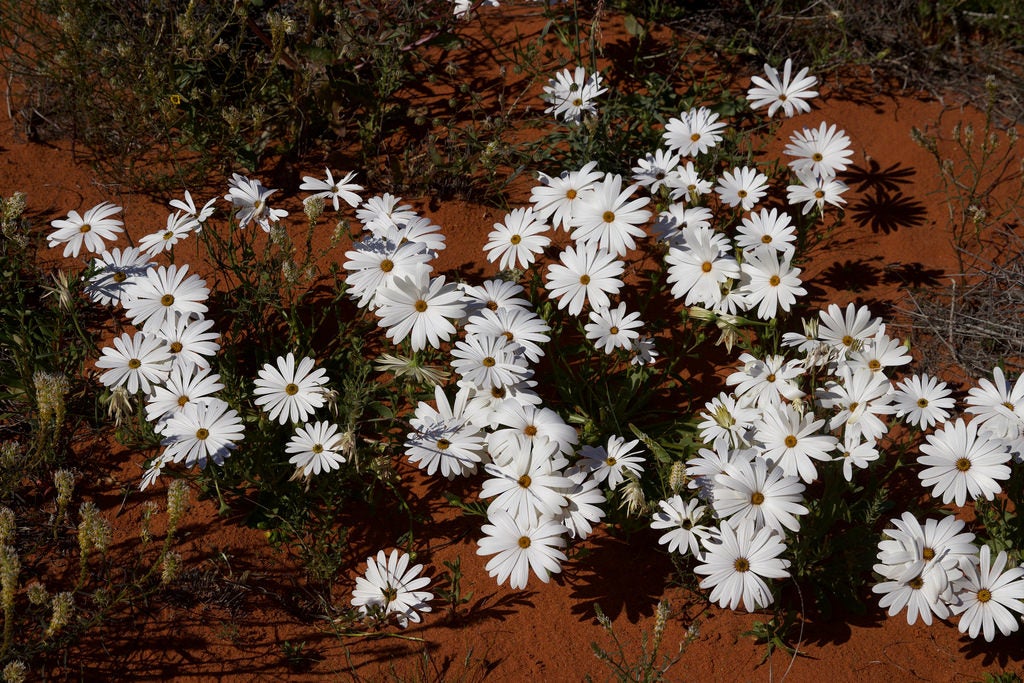 What Is Dimorphotheca: Learn About Dimorphotheca Flowers
What Is Dimorphotheca: Learn About Dimorphotheca FlowersGrowers who choose to start plants from seed enjoy greater variety, as well as the pride that comes from crafting their own landscapes. One flower, Dimorphotheca, is a perfect example of a flower that can easily be started from seed. Learn more about it in this article.
By Tonya Barnett
-
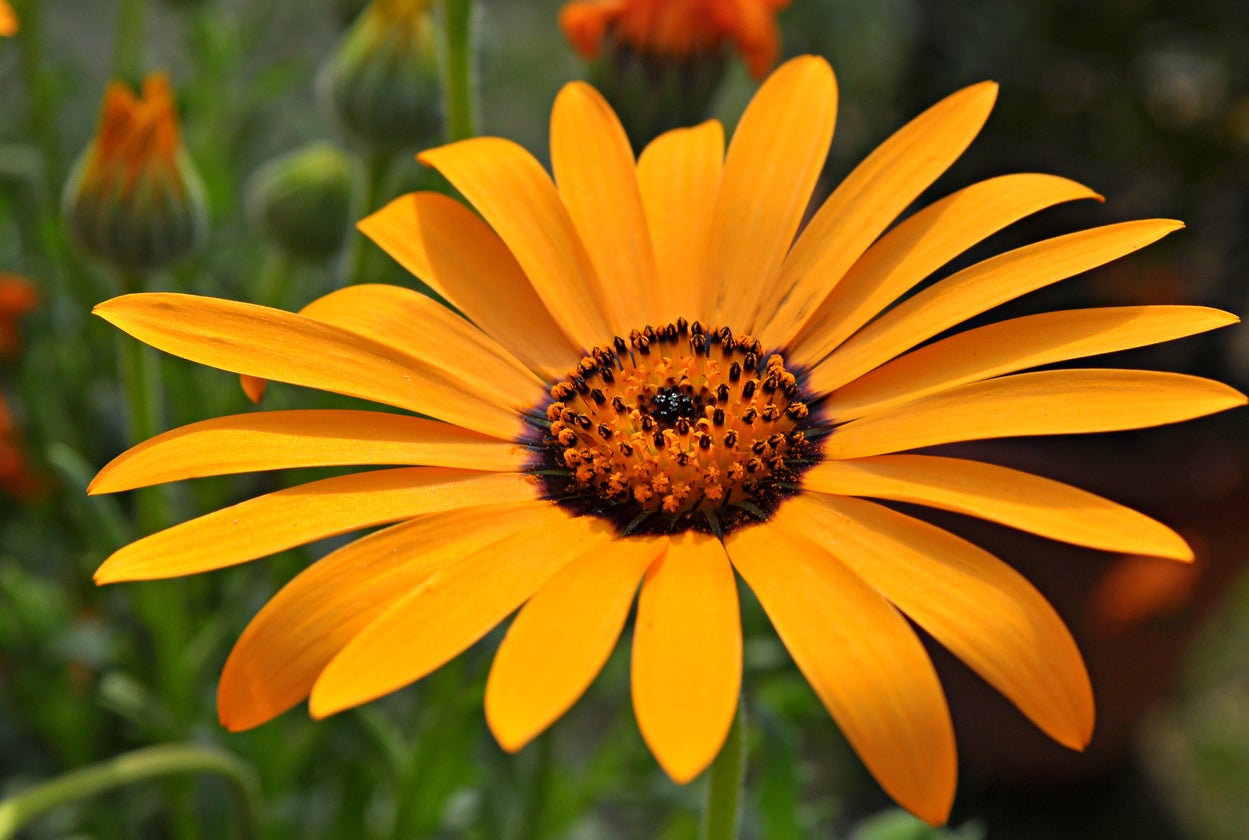 Dimorphotheca Problems – Troubleshooting Cape Marigold Issues
Dimorphotheca Problems – Troubleshooting Cape Marigold IssuesAlso called rain daisy or weather prophet, there are a few varieties of cape marigold but none are related to the marigold in spite of its most common moniker. Cape marigold problems aren’t common, but the minor issues below may affect them. Learn more here.
By Becca Badgett
-
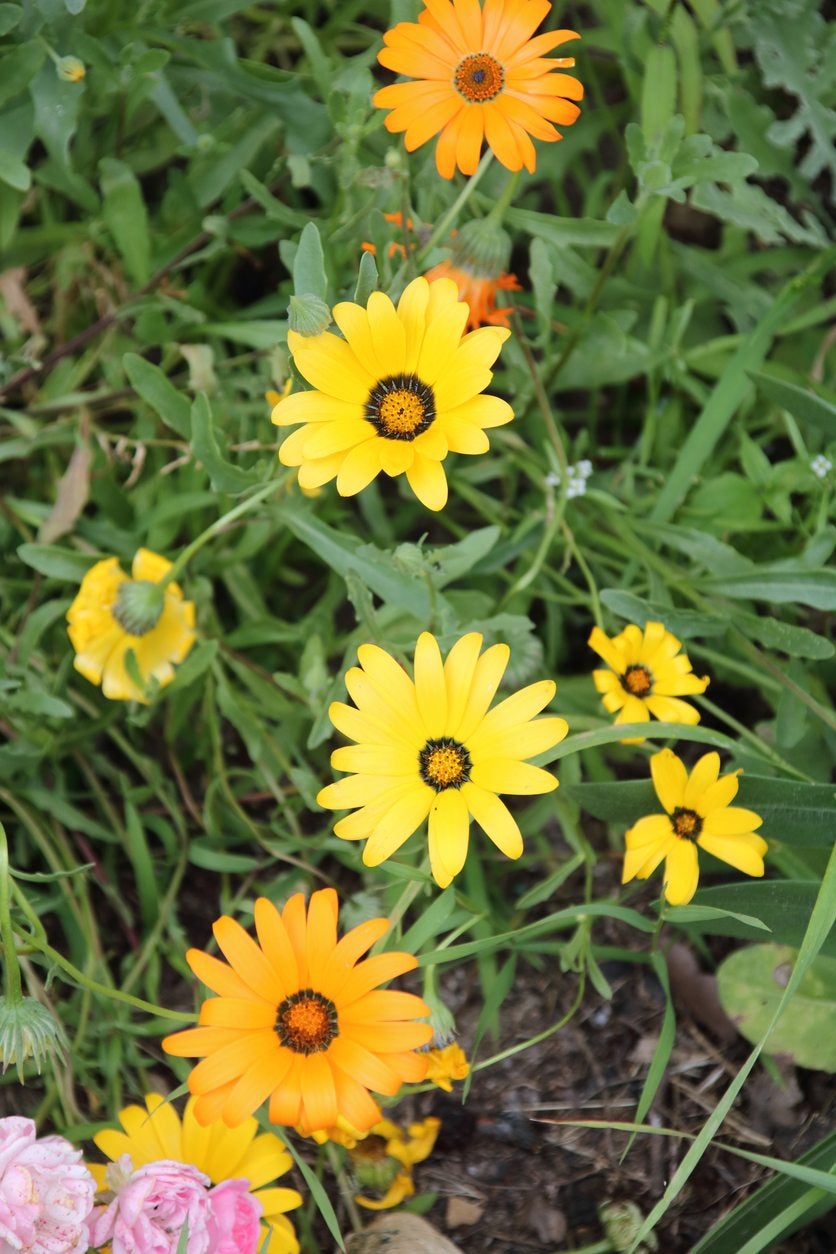 Cape Marigold Information – Growing Cape Marigold Annuals In The Garden
Cape Marigold Information – Growing Cape Marigold Annuals In The GardenWe're all familiar with marigolds - sunny, cheerful plants that brighten the garden all summer long. Don't, however, confuse those old-fashioned favorites with Dimorphotheca cape marigolds, which are a different plant altogether. Learn more here.
By Mary H. Dyer